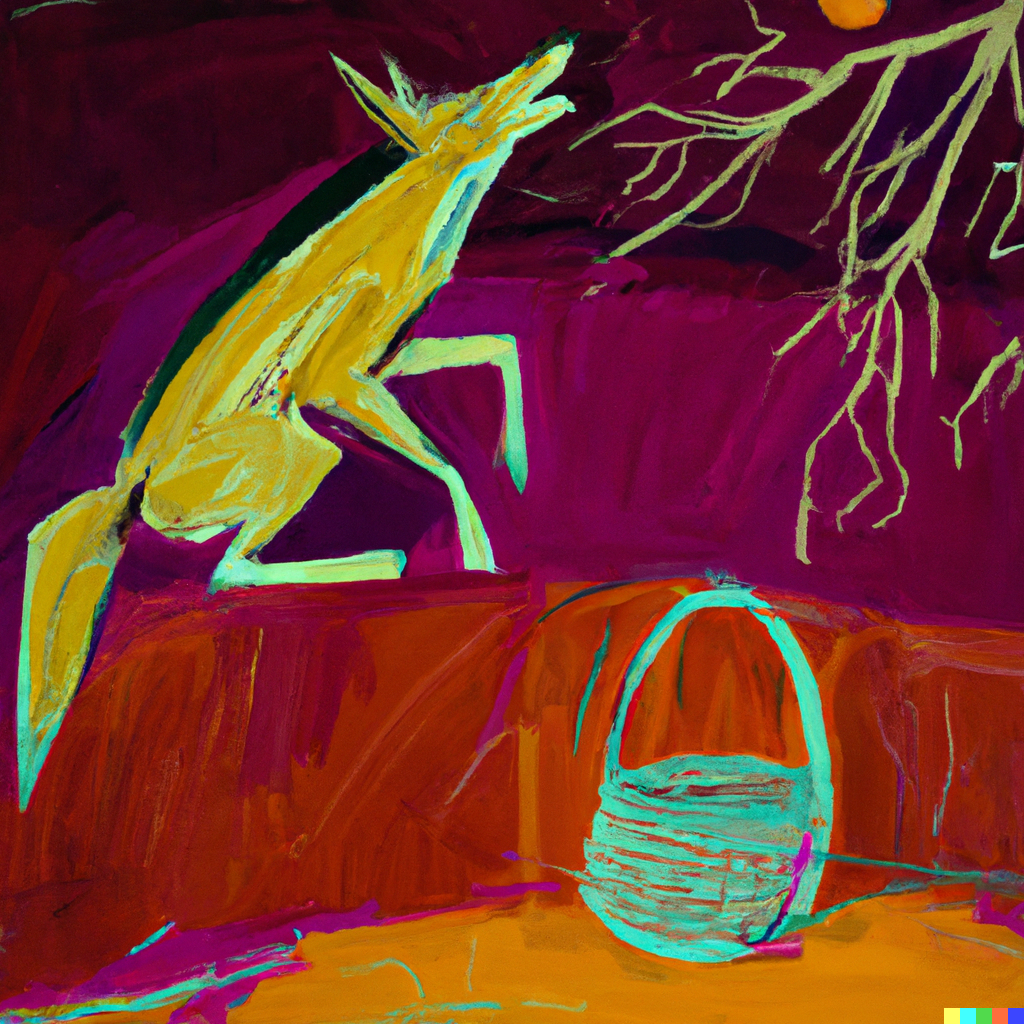Author
Archibald, J.
Year
1997
Title
Coyote learns to make a storybasket: The place of First Nations stories in education
University
University of British Columbia
Discipline (uncoded)
Education
Macrostructure
Traditional-Simple
Proposed Area of Unconventionality
(Tardy, 2016)
Practice, Linguistic (and Textual) form
Description and other notes
Uses critical ethnography to “learn about the ‘core’ of First Nations stories from Elders and to find a respectful place for stories and storytelling in education, and especially in curricula” (Abs). Centres work with thirteen Elders from the Pacific West. Also works closely with “Coyote.” This work led to the development of seven ‘storywork’ principles , as well as a “process of making meaning from stories” (Abs). Shares dreams alongside more conventional forms of academic knowledge. Appears to follow IMRD format for the most part. Unusual way of framing the dissertation (as a story basket, given as a gift).
(Proposed) Degree of separation or connection between atypical or unconventional component(s) and conventional or written component(s)
Connected. Atypical or unconventional component(s) positioned as critical or inextricable.
(Proposed) Type of relationship construed between atypical or unconventional component(s) and conventional or written component(s)
Intermingled. There is a sense of interdependence between the atypical or unconventional and written or conventional component(s) and a distinct understanding that they are a part of the same project.
Notes/Reasoning
“In this thesis, Coyote stories will appear sometimes upon invitation, sometimes unexpectedly. How Coyote sees the world and comes to make sense of it through his inter-relationships is critical to understnading the lessons I learned about First Nations storytelling and the reearch process. When I began to delve into the topic of First Nations orality, the first contradiction that I faced focused on the fact that I had to complete a Ph.D. thesis, academic work steeped in literacy and analysis, on the topic of First Nations orality, presumably based on aural/oral delivery. . . . I did not want to perpetuate this loss. Instead, I wanted to find a way to honour First Nations orality within an academic framework, to find a way to create a meeting place for orality and academic literacy to co-exist, and to create a discourse where Frst Nations storytellers and university academics could inter-relate and learn from one another. The tensions created from this coming together. . . is a constant theme of this thesis. . .” (p. 8).
Discipline 2 (coded)
Education
Discipline Grouping (coded)
ED
Source
Word of Mouth


Leave a Reply